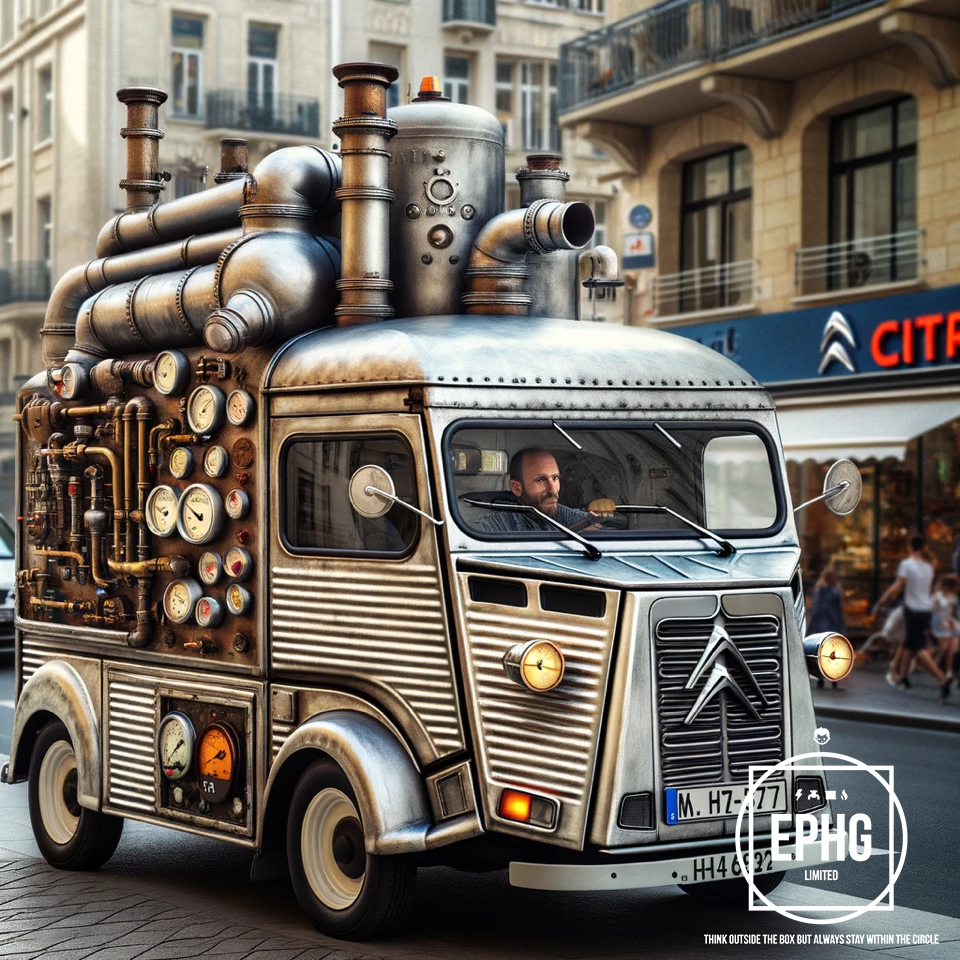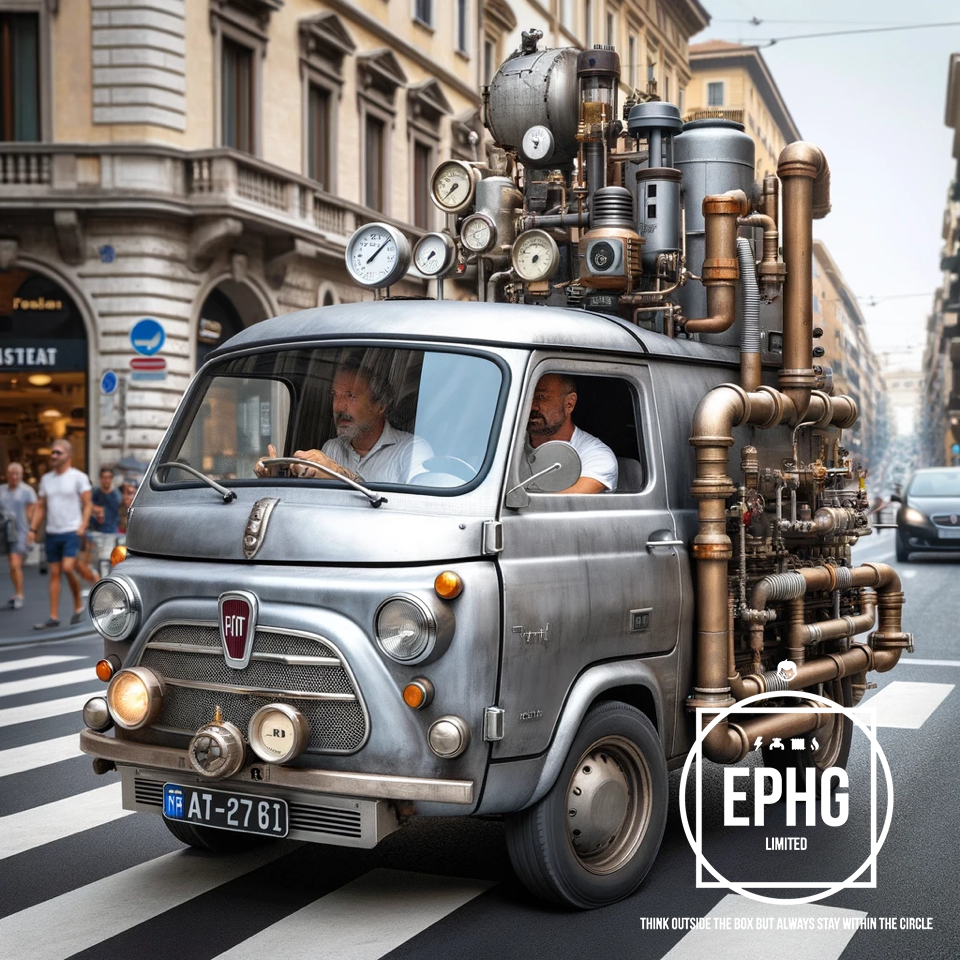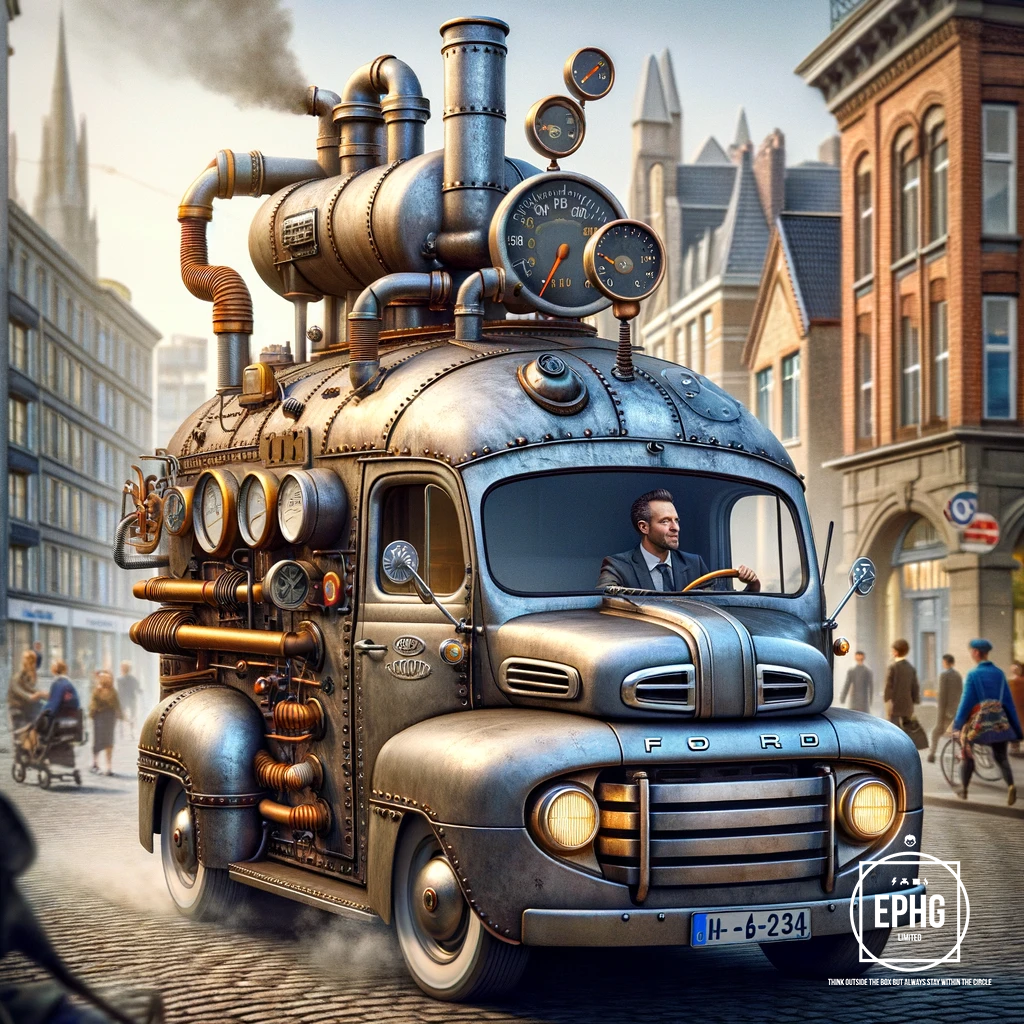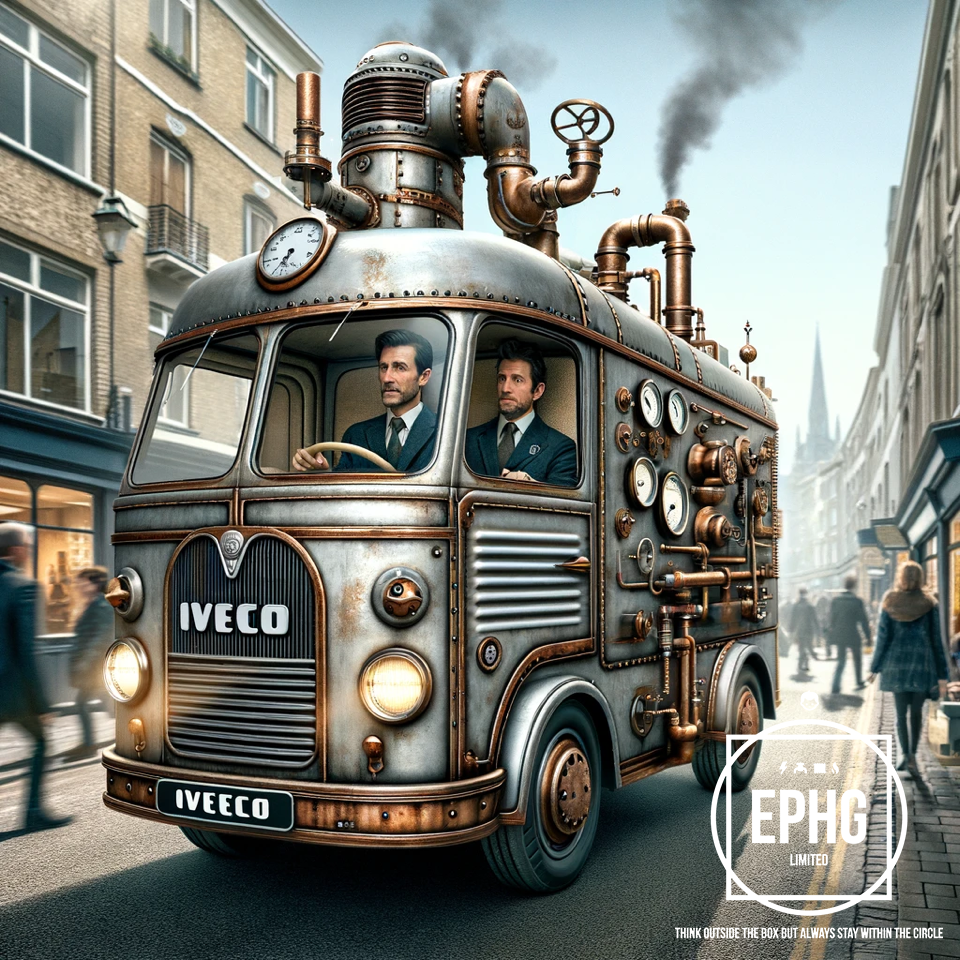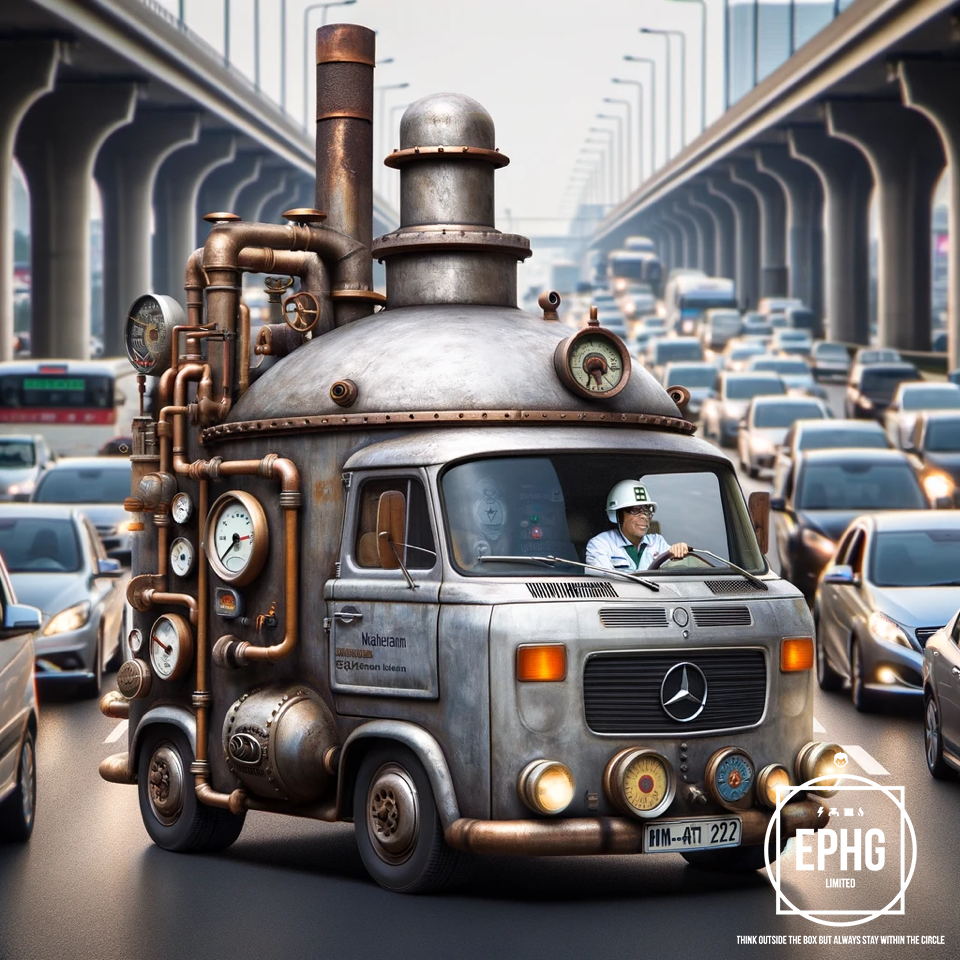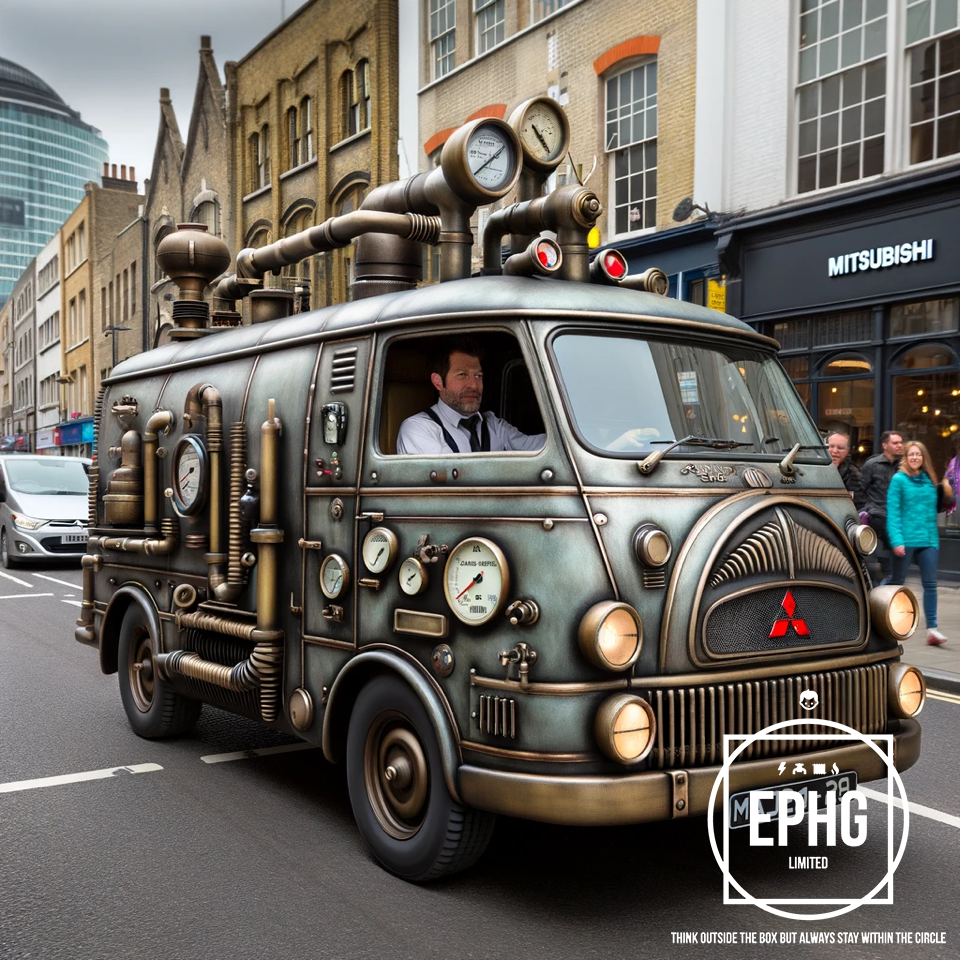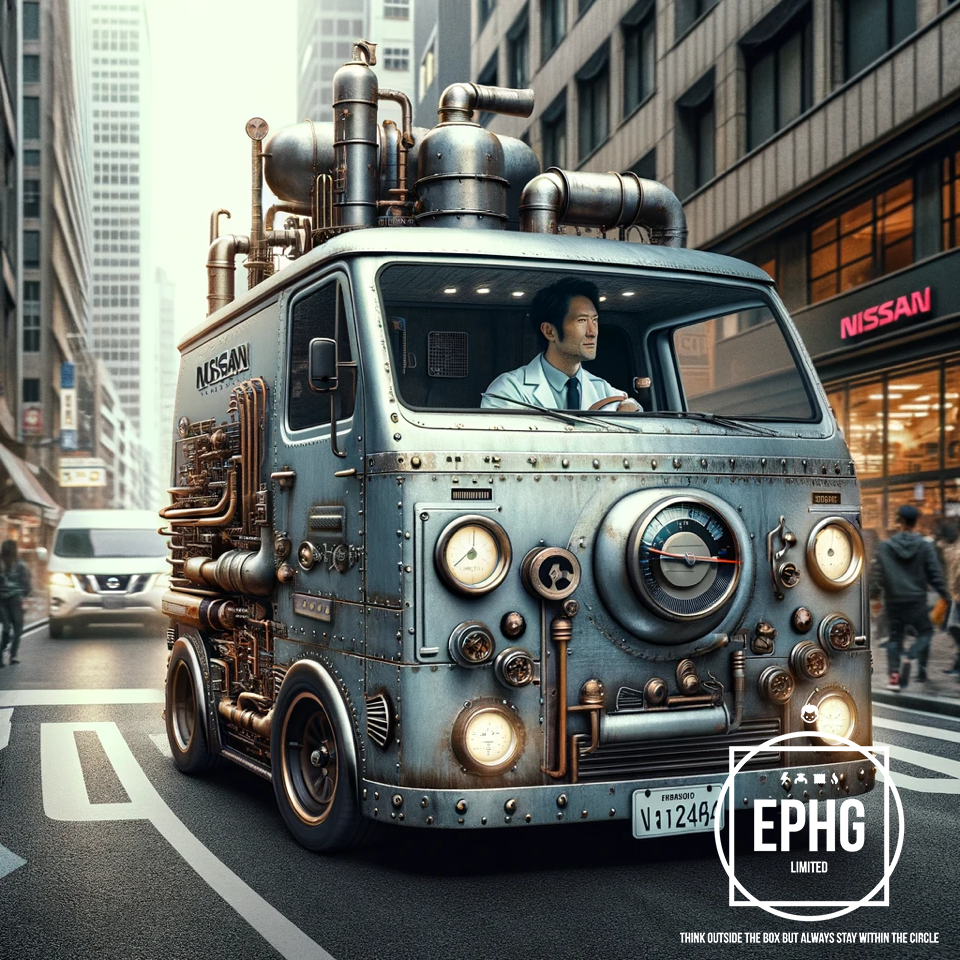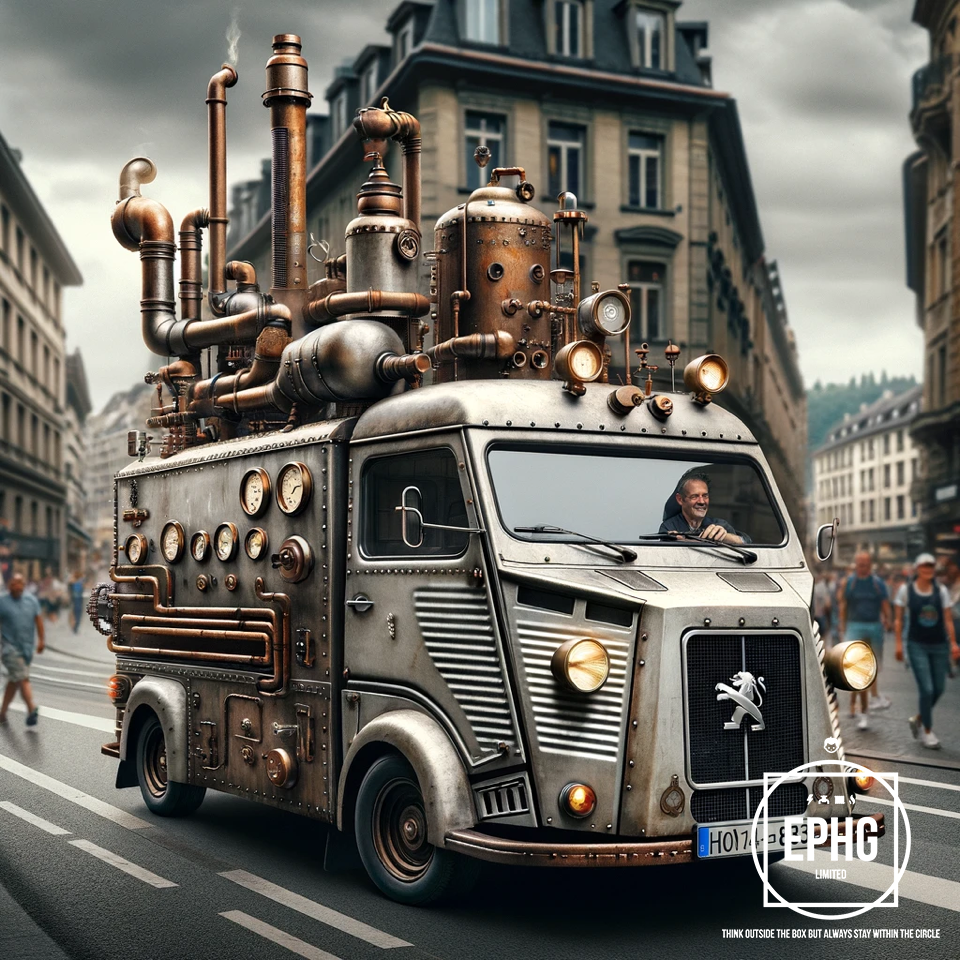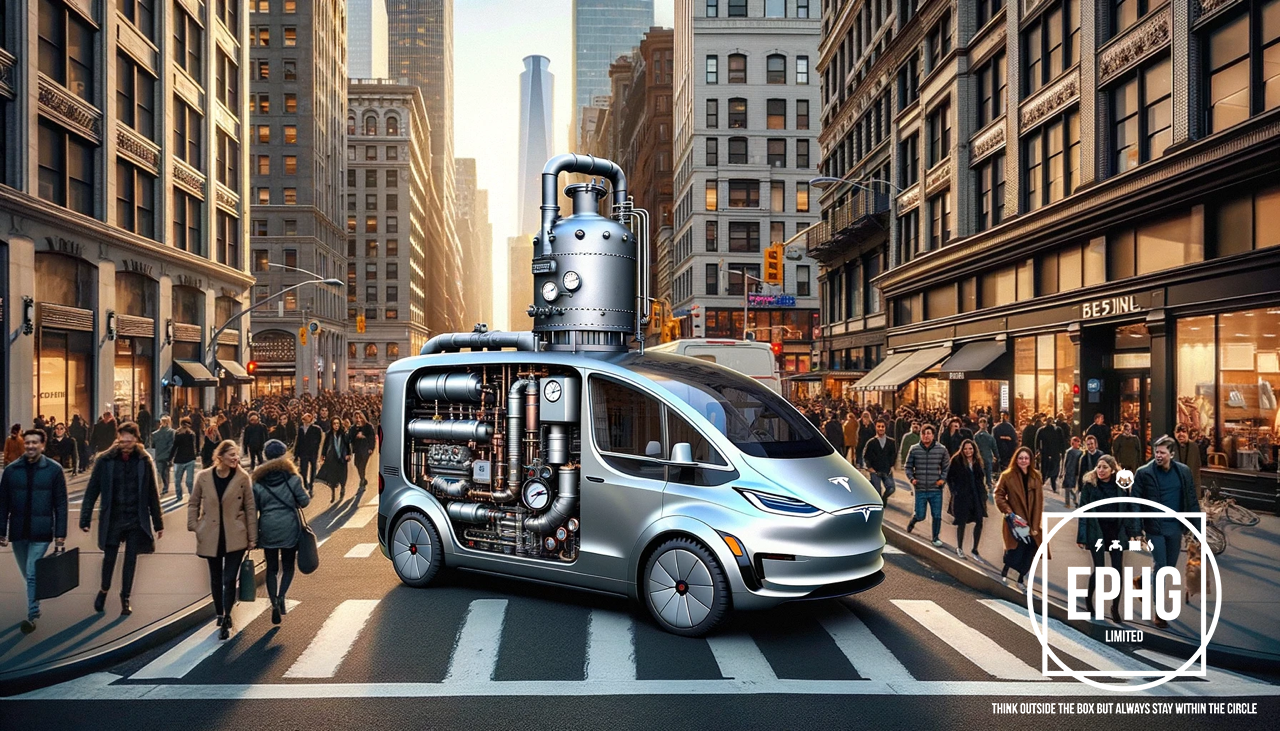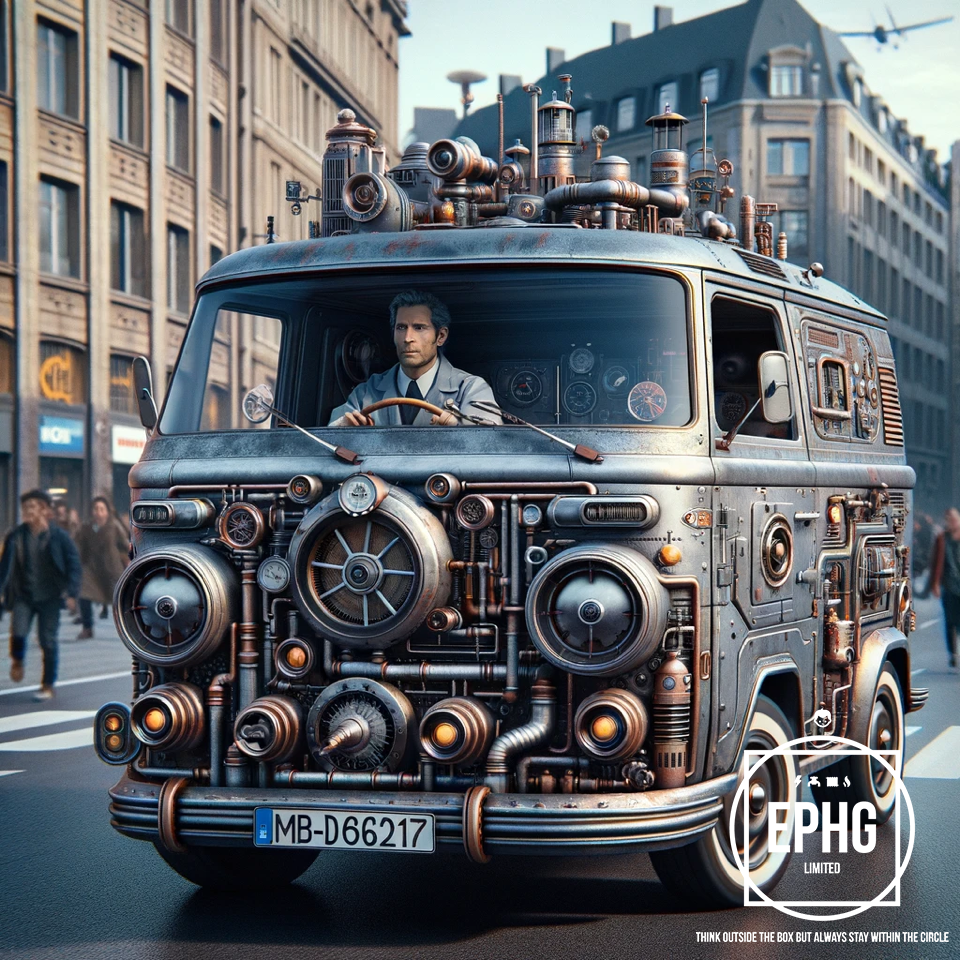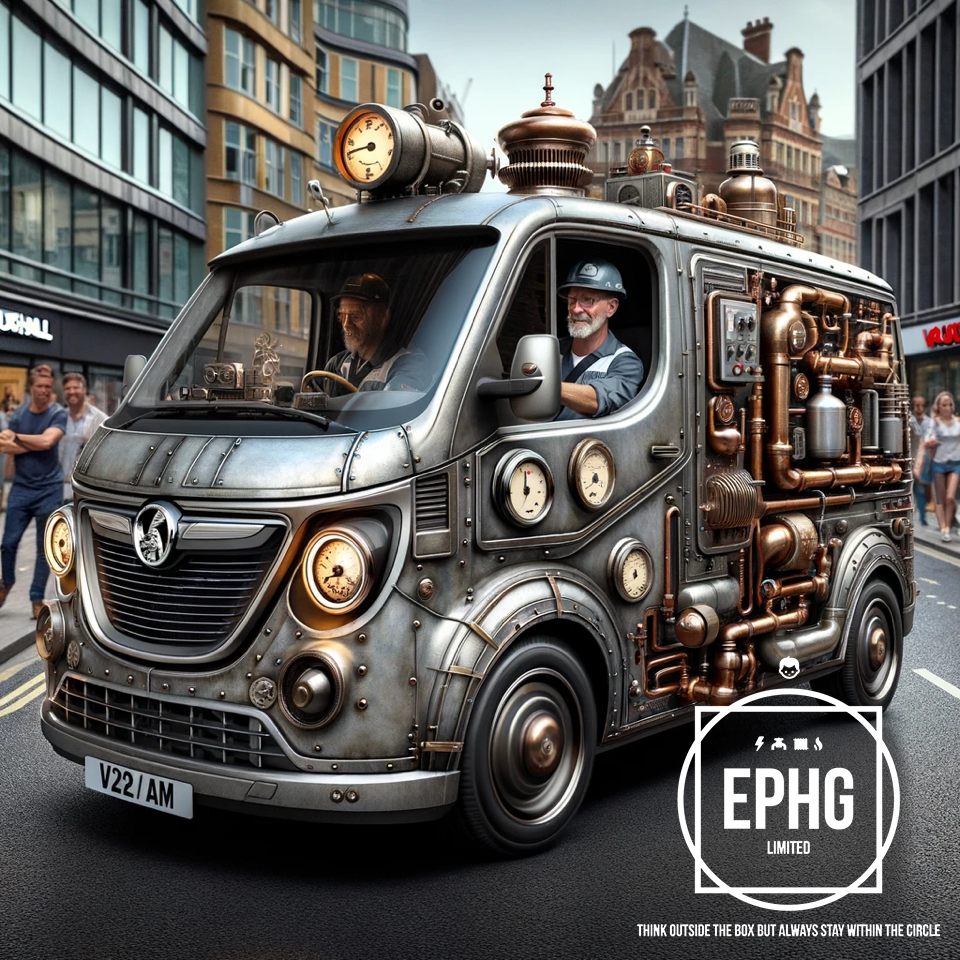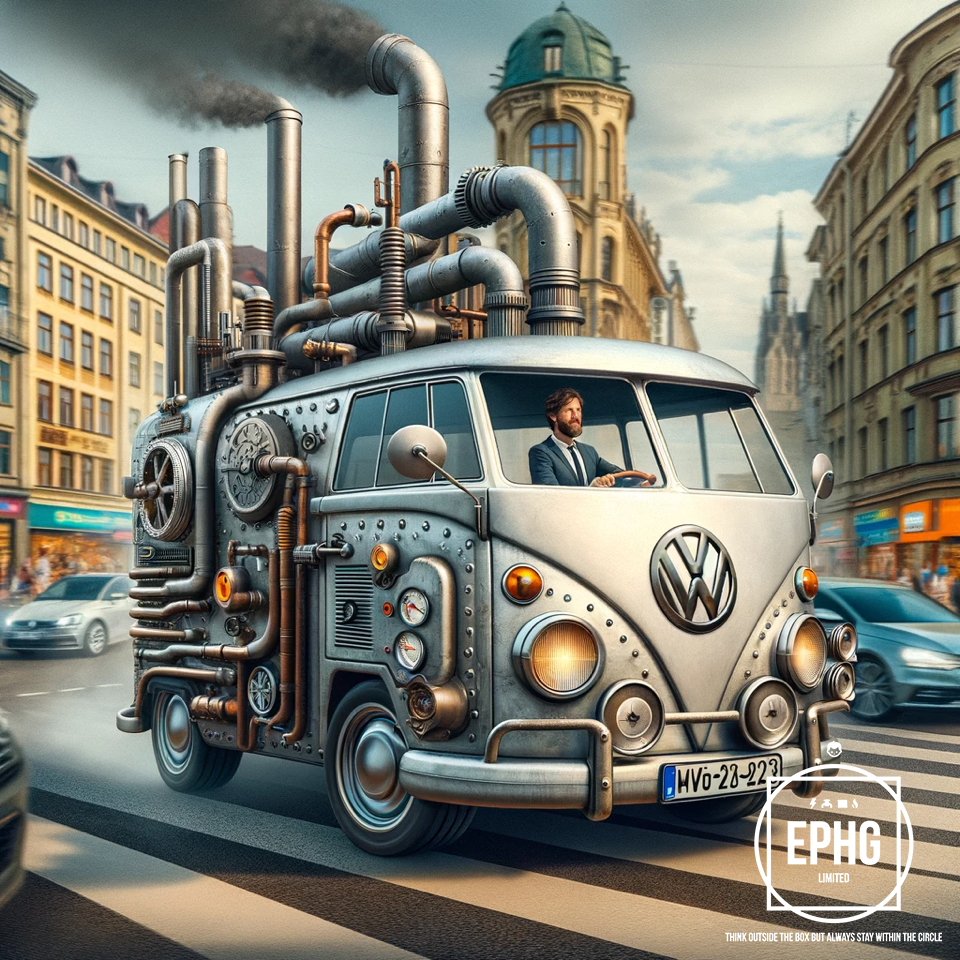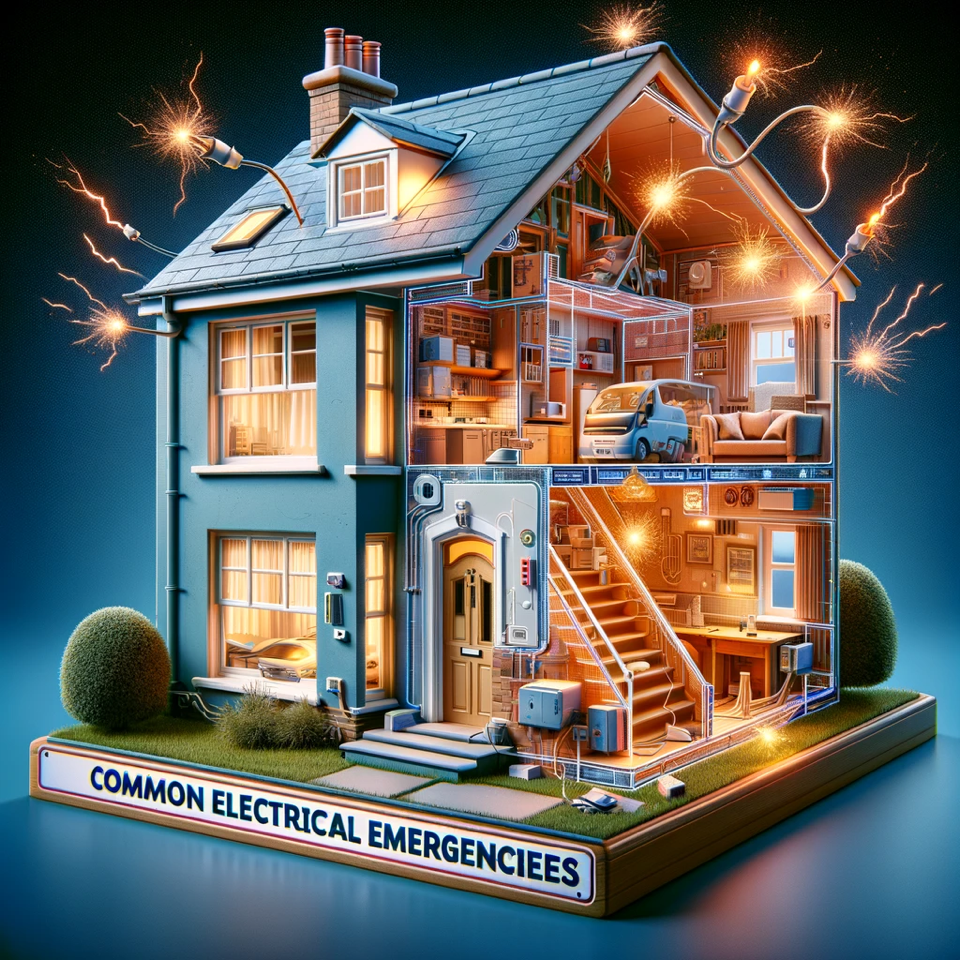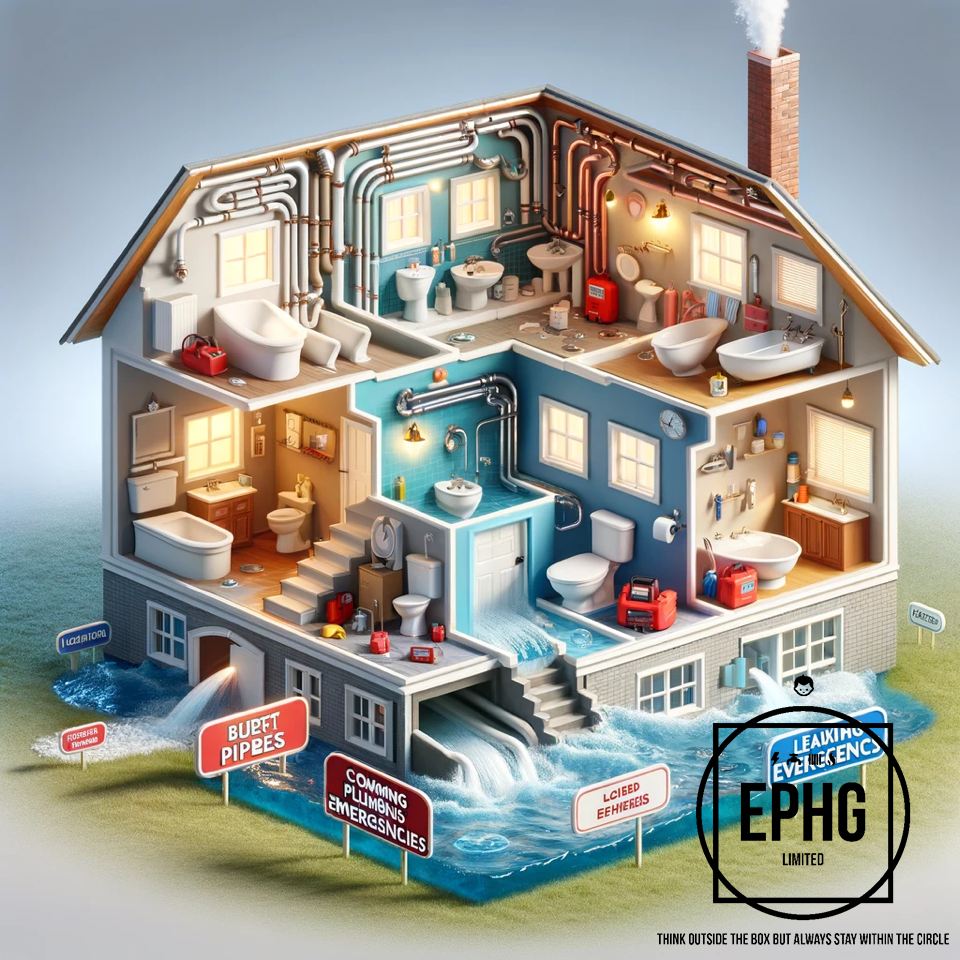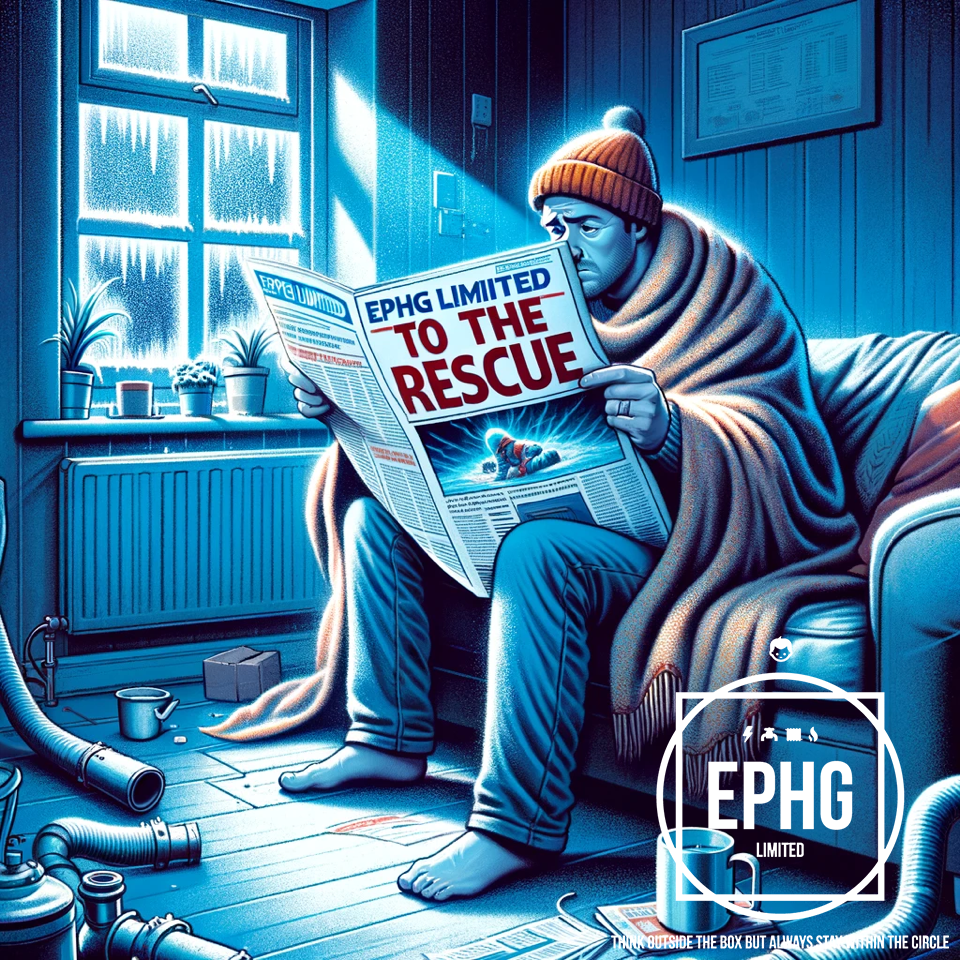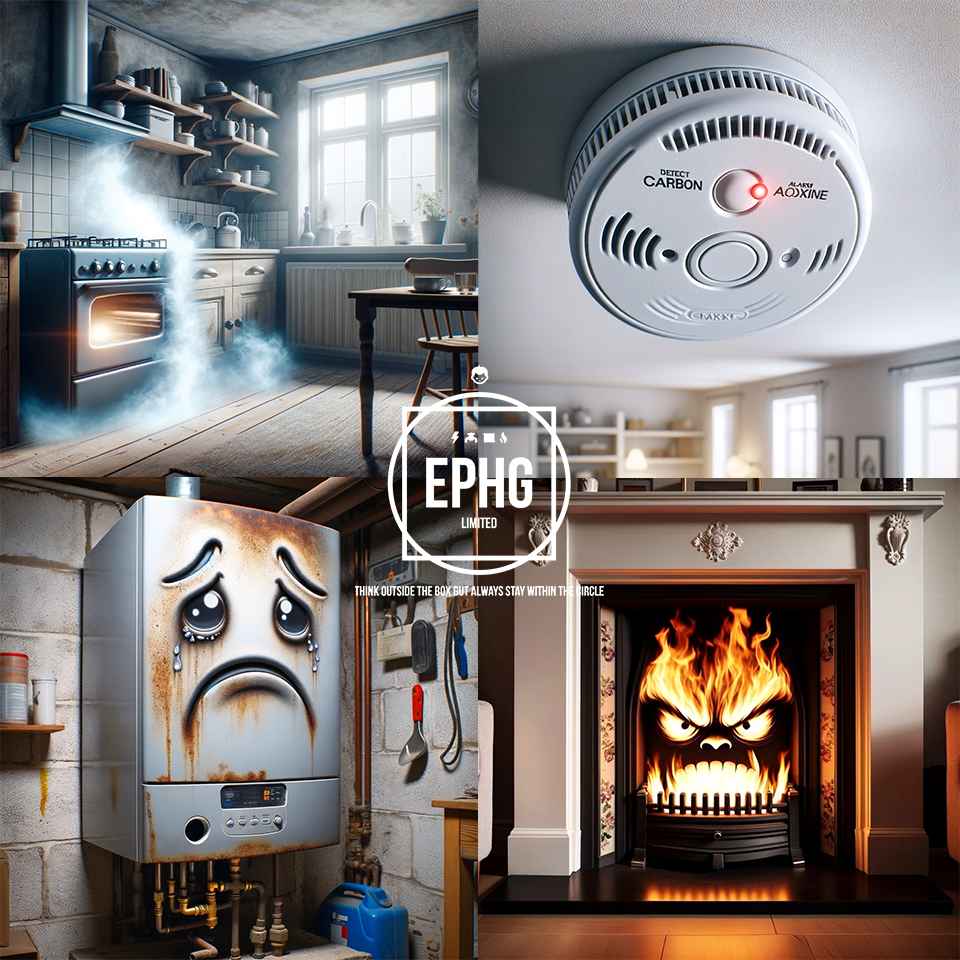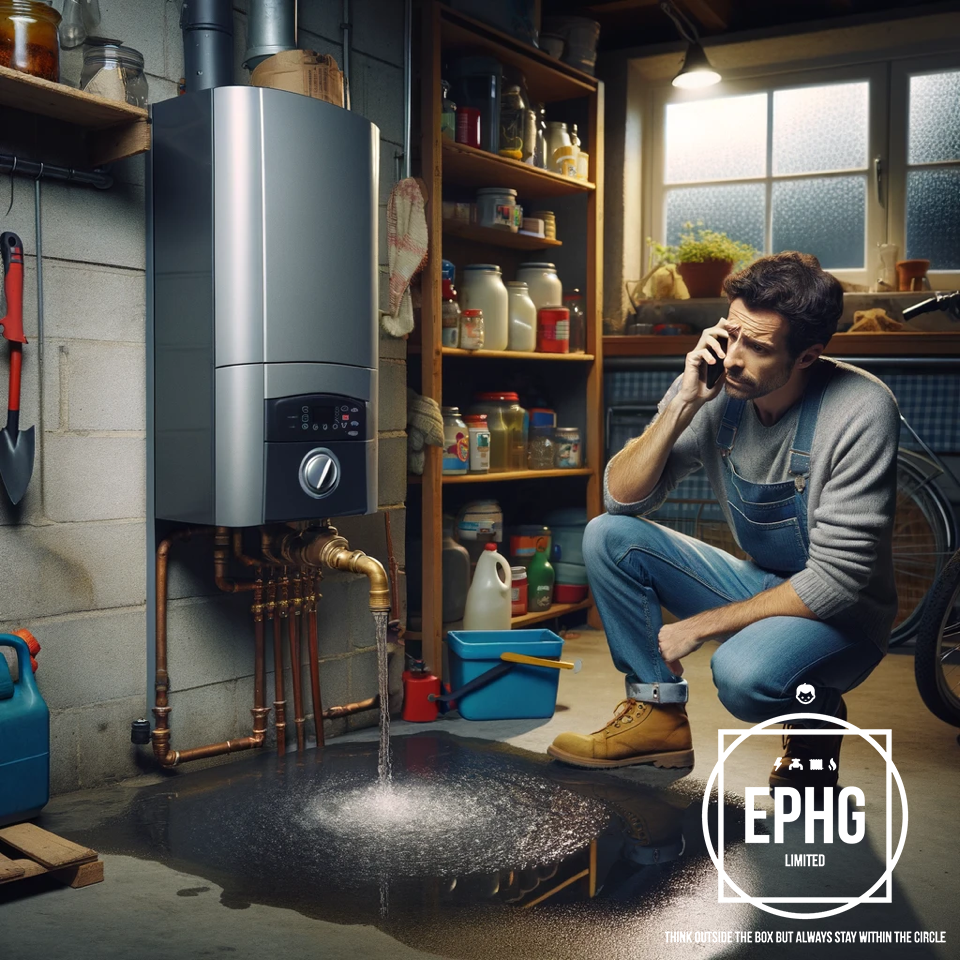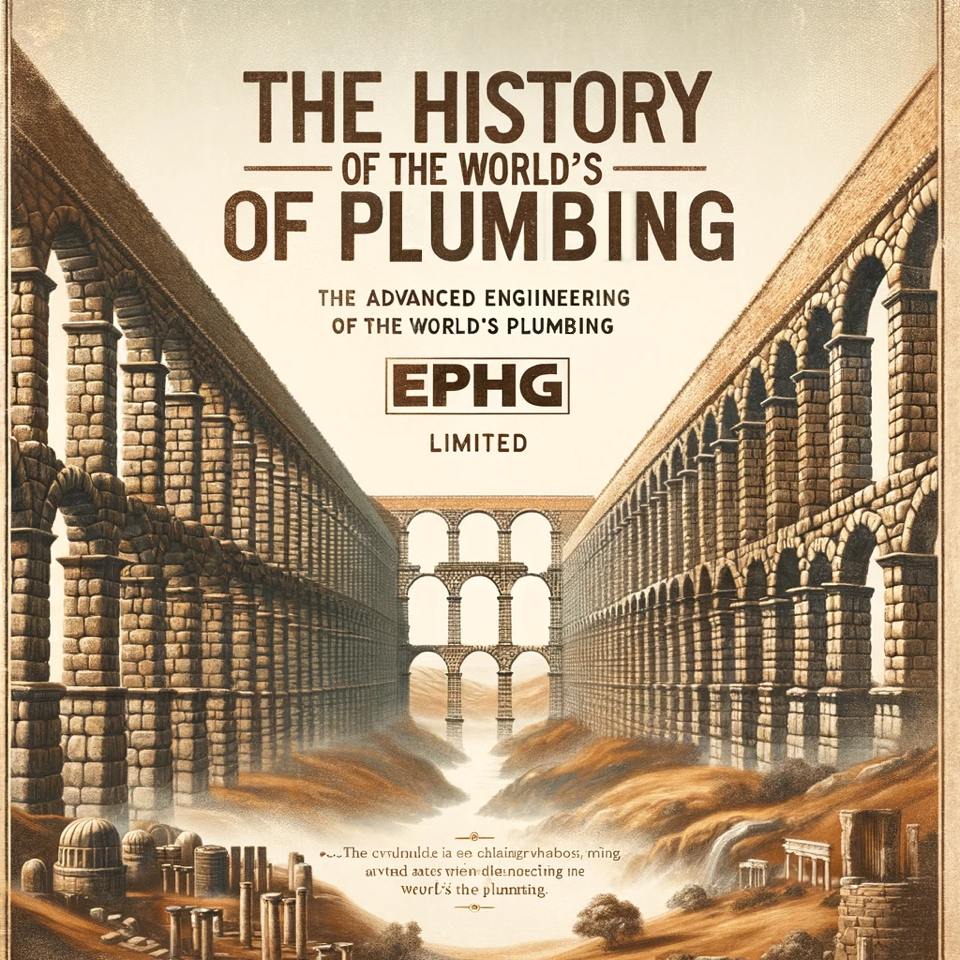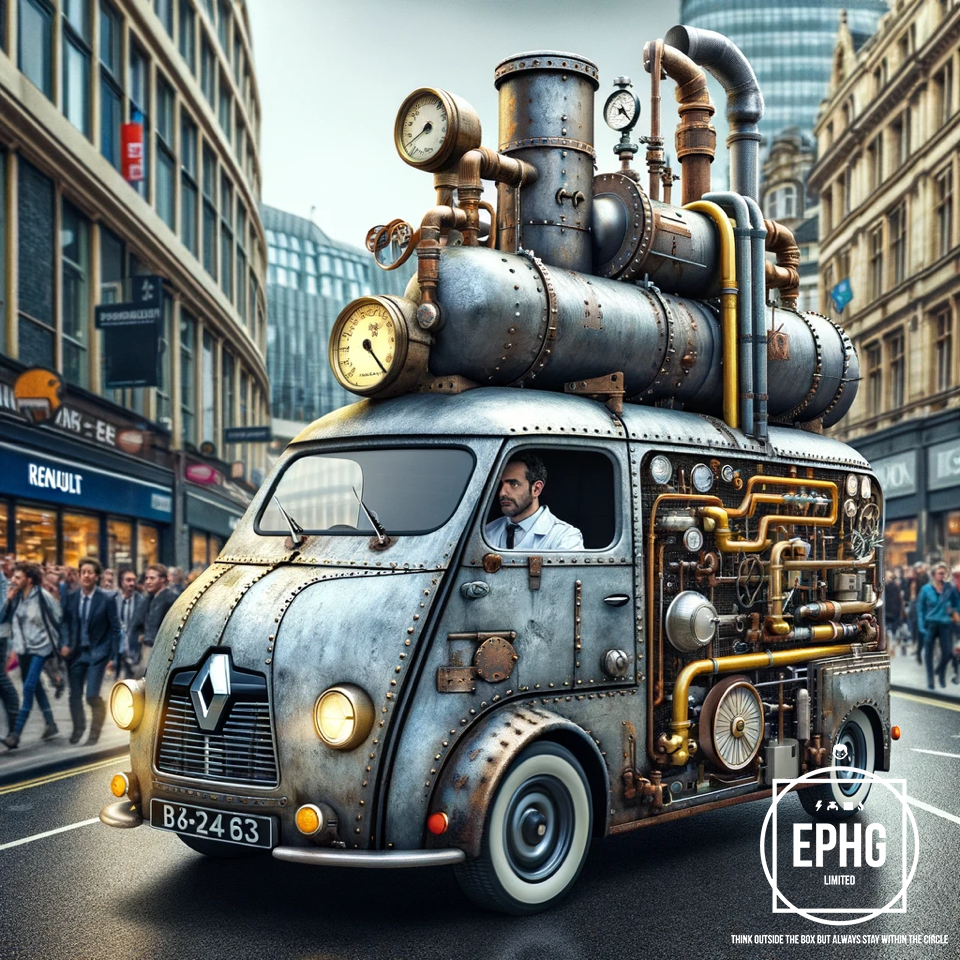
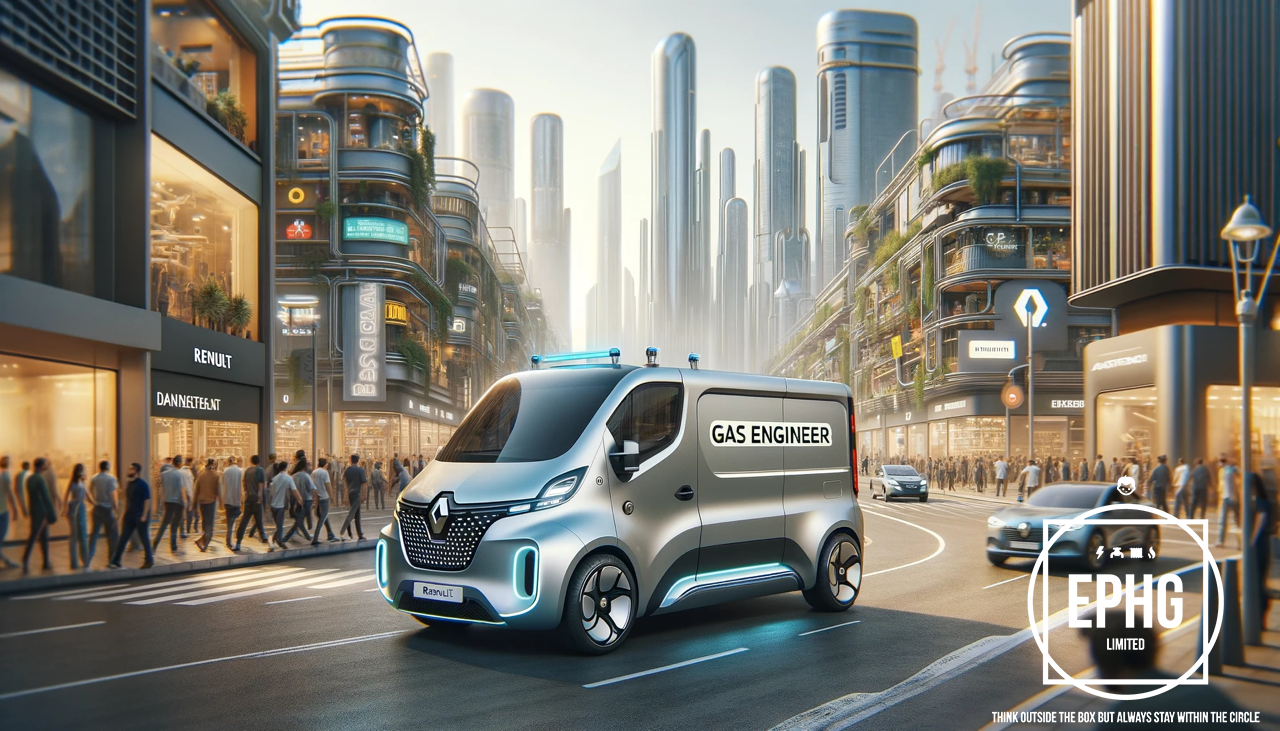
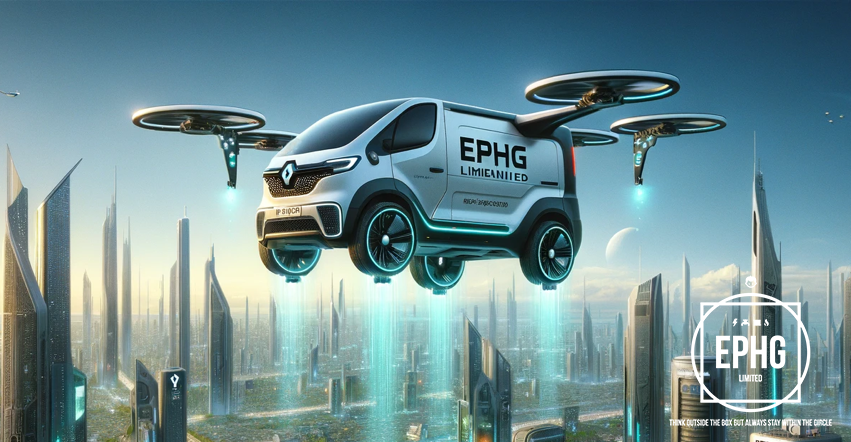
The Robust Journey: History of the Renault Van and Its Role in Emergency Services
Introduction
Embarking on a journey through the annals of automotive history, one cannot overlook the illustrious narrative of the Renault Van. A staple in the commercial vehicle sector, Renault Vans have been synonymous with reliability and innovation. From the bustling streets of Cambridge to the far-flung corners of the globe, these vehicles have become integral to the operations of emergency gas engineers in Cambridge and various tradespeople.
The Inventive Beginnings
The Renault legacy began with the vision of three brothers: Louis, Marcel, and Fernand Renault. Louis, the most inventive of the trio, is often credited as the mastermind behind the Renault empire. It was his mechanical prowess and ingenuity that led to the establishment of Renault Frères in 1899, in the Boulogne-Billancourt area of Paris. Louis's first vehicle, the Voiturette, won a bet and quickly became the talk of the town, propelling the Renault brothers into the automotive industry.
Early Evolution of Renault Vans
Renault began producing commercial vehicles shortly after the turn of the 20th century. The company's ethos of robust engineering and adaptability was evident in their early vans, which were designed to endure the rigors of commerce and industry. These vehicles were versatile, capable of performing a variety of tasks, which made them popular among businesses and service providers.
From Utilitarian Beginnings to Specialized Service
The narrative of the Renault Van is incomplete without mentioning the specialized adaptations these vehicles have undergone. One such adaptation led to the creation of a van that would become iconic among emergency services: the 'Fiat Gas Engineer Van'. Though the name suggests an affiliation with Renault's Italian competitor, this term has become a colloquialism in some regions, used generically to describe utility vans employed in the gas service sector.
Cambridge's Emergency Gas Engineers and Renault Vans
In Cambridge, a city known for its academic prestige and historic architecture, the Renault Van has carved out a niche within the emergency services sector. Gas engineers, often on call to address urgent situations, have come to rely on the dependability of Renault Vans. The image of an emergency gas engineer arriving in a van that strikes a balance between the nostalgic charm of an older model and the robust functionality of a gas boiler has become emblematic of the reliable service these professionals provide.
Conclusion
The history of the Renault Van is a testament to the enduring vision of its founders and the company's ability to evolve with the times. From its origins in the bustling French capital to the cobbled lanes of Cambridge, the Renault Van has become more than just a vehicle—it's a trusted companion to those who serve communities in times of need. Whether it's the traditional look that harks back to yesteryear or the modern vehicles equipped with the latest in automotive technology, Renault Vans continue to play a pivotal role in the narrative of commercial transportation and emergency services. As we reflect on the past and look toward the future, the Renault Van stands as a monument to innovation, reliability, and the indomitable spirit of service.
Continuing the Legacy: The Past and Future Concepts of the Renault Van
Past Concepts: A Chronicle of Innovation
The history of Renault Vans is marked by a series of pioneering designs that have left an indelible mark on the automotive industry. From the early days of the Type AG, the so-called 'Taxi de la Marne', to the robust and versatile Renault Estafette, the brand's commitment to innovation has been unmistakable.
The Renault Estafette, introduced in the late 1950s, became a symbol of versatility. It was the first front-wheel-drive Renault vehicle and offered a variety of body styles to suit different commercial needs. Its design was revolutionary at the time, providing a flat floor and wide-opening doors, features that are now standard in the design of commercial vans but were groundbreaking during its inception.
Another significant milestone was the introduction of the Renault Master in the 1980s. This van was built with the professional in mind, offering spacious cargo space, robustness, and comfort. It was available in various configurations, further cementing Renault's reputation for providing vehicles tailored to the specific needs of its customers.
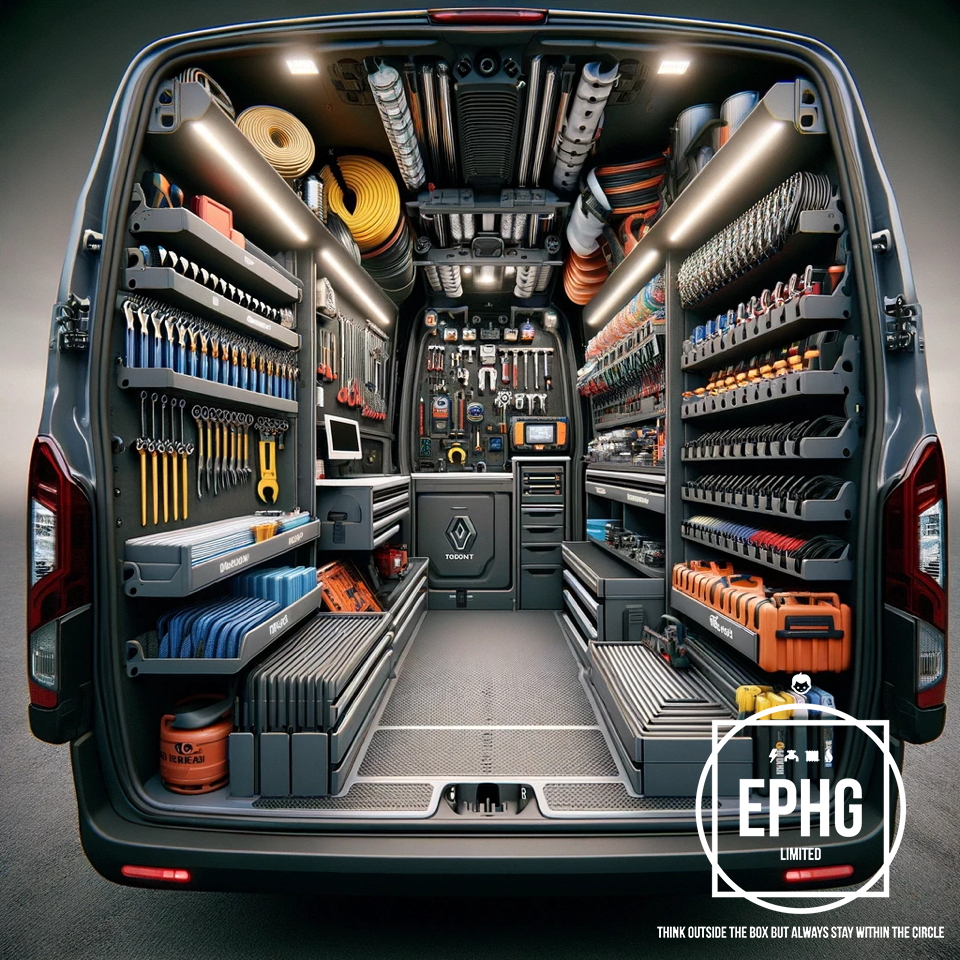
Renault Gas Engineer Van Racking Ideas
More ideas in other articles below.
Future Concepts: The Road Ahead
The future of Renault Vans is being shaped by both technological advancements and a deep understanding of the environmental and societal changes underway. The push towards sustainability and the integration of new technologies are at the forefront of Renault's strategy for its future vans.
- Electrification and Eco-Friendly Solutions: Renault has committed to an eco-centric approach with the introduction of the Renault Z.E. (Zero Emission) range, including models like the Kangoo Z.E. and Master Z.E. These electric vans offer a cleaner alternative to fossil fuels, crucial for urban environments where air quality is a growing concern.
- Autonomous and Connected Technology: Looking ahead, Renault is exploring the integration of autonomous driving technology into its vans. This technology promises to revolutionize the delivery and service sectors, offering increased efficiency and safety. Connected services are also being developed to provide drivers with real-time traffic updates, route optimization, and maintenance alerts.
- Modularity and Customization: In the future, we may see Renault Vans that are even more adaptable and modular, with interiors that can be customized to fit the exact needs of businesses, including those of emergency gas engineers. This flexibility will be vital in responding to the fast-paced changes in various service industries.
- Design and Comfort: Future Renault Vans will likely continue to evolve in terms of design, focusing on aerodynamics for better fuel efficiency and a more modern aesthetic. The comfort of the driver and passengers will also be a priority, with ergonomic designs and advanced in-cabin technologies enhancing the driving experience.
The Impact on Emergency Services
The past and future innovations of Renault Vans hold particular significance for emergency services. A modern emergency gas engineer in Cambridge, for instance, requires a vehicle that is not only reliable and robust but also equipped with the latest technology to respond to emergencies efficiently.
The integration of advanced navigation systems, onboard diagnostics, and communication tools can significantly improve response times and service quality. As Renault Vans become more eco-friendly and technologically advanced, they will continue to be the backbone of essential services like emergency gas engineering.
Conclusion
The journey of the Renault Van is a narrative rich with innovation, adaptability, and foresight. From the pioneering designs of the past to the visionary concepts of the future, Renault has demonstrated a relentless pursuit of excellence and a deep commitment to serving the needs of its customers.
As we look toward a future where vehicles will be more connected, autonomous, and environmentally friendly, the Renault Van is poised to continue its evolution, meeting the challenges of the modern world head-on. Whether navigating the historic streets of Cambridge or the bustling avenues of global metropolises, the Renault Van stands ready to serve the next generation of professionals with the same reliability and ingenuity that have been its hallmarks for over a century.
Fictional Disclaimer: Kindly be aware that some of the content and images featured in this article are purely imaginative creations by Martin Smith of EPHG Limited. They are not affiliated with or endorsed by the Renault company. These visual representations are designed to spark your imagination and explore the realm of "what if," offering a unique perspective that blends fiction with the potential of innovation.
